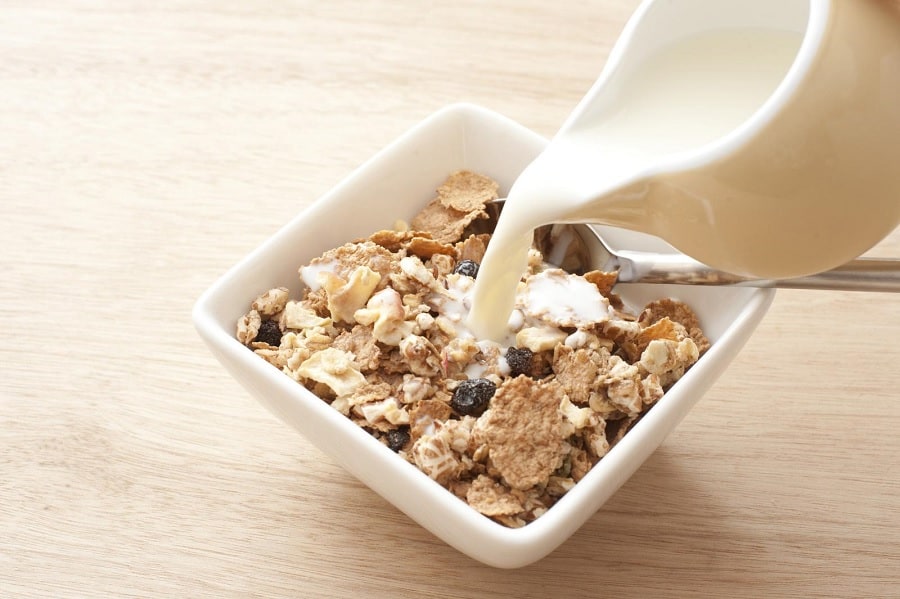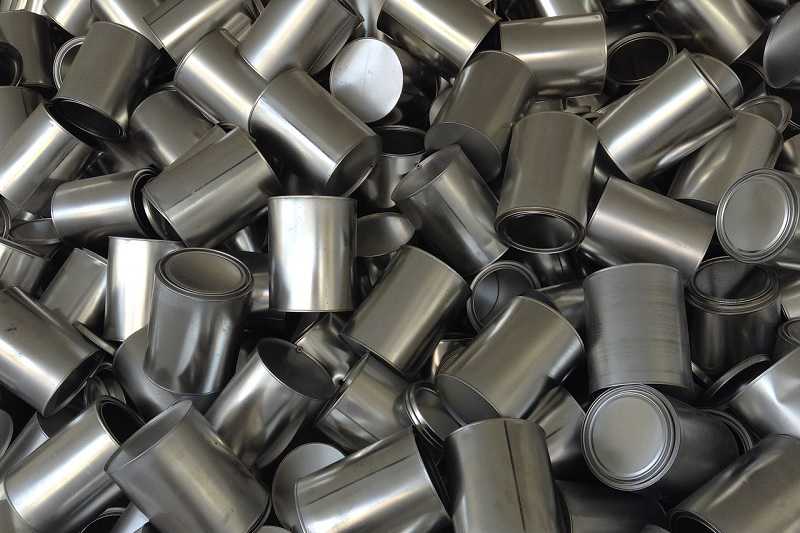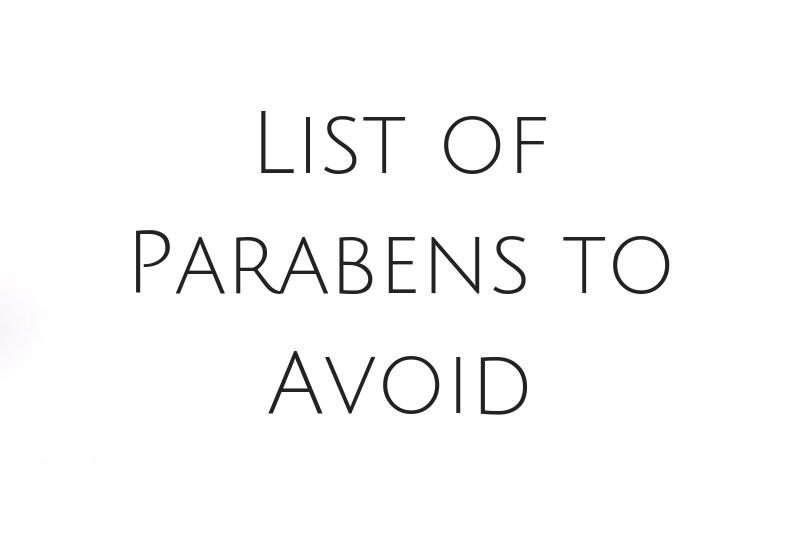Many people eat gluten-free diets because of allergies, intolerances, or health choices.
Regardless of your reasons for restricting your diet, finding gluten-free food is essential for ensuring you receive the right balance of nutrients and don’t accidentally consume something you shouldn’t.
Thankfully, most UK supermarkets offer a good selection of gluten-free products, including branded and supermarket-own gluten-free ranges. However, there is still a question mark above breakfast cereals.
Cereal grains such as wheat and barley contain gluten, so non-gluten eaters need to find suitable alternatives.
So, which cereals are gluten-free in the UK? What do these cereals use to replace gluten-containing grains? And what are the tastiest and most nutritious options to try? In this article, we guide you through all your options so that you can have your breakfast without worry!
If you’re struggling to find gluten-free cereals, know you’re not alone! Many leading UK cereal brands are not gluten-free.
Gluten is found in multiple sources, including wheat (and its varieties), rye, barley, triticale, and malt – all of which are often found in cereal. For your cereal to be gluten-free, it must not contain any of these grains.
Even naturally gluten-free grains such as oats are often contaminated with gluten during the farming and handling processes, making them unsuitable for non-gluten diets.
According to Coeliac UK, people following a gluten-free diet should only eat oats labelled as “gluten-free” for this reason.
Therefore, the only gluten-free cereals in the UK are cereals labelled explicitly as gluten-free. These cereals are made from gluten-free grains (such as rice and oats) that have specifically been separated from grains that contain gluten, ensuring none makes its way into your breakfast!
Which Popular Breakfast Cereals Contain Gluten?
Below we look at some of the most popular cereal types in the UK and whether or not they’re free from gluten. And if they’re not, don’t worry! There are gluten-free replicas for most major brands so you can still enjoy your favourite cereals without the gluten-containing grains.
Are Bran Flakes gluten free?
Kellogg’s Bran Flakes are a popular UK cereal, but they are not gluten-free. Bran flakes are predominantly made from wholewheat, wheat bran, wholewheat flour, and barley malt extract.
This combination of cereal grains gives Bran Flakes their high fibre content, but they’re also primary sources of gluten and a massive no-no for coeliacs!
Gluten-free bran flakes
There are several gluten-free bran flakes products on the market, including the following:
- Tesco Free From Bran Flakes – Uses gluten-free rice and maize instead of wheat and barley, so they’re an excellent option.
- Freee Gluten Free Organic Fibre Flakes – This cereal is made from a blend of brown rice and maize (corn).
Are Cheerios Gluten-Free?
Yes! Anyone on a gluten-free diet will be pleased to hear that Cheerios are a brilliant gluten-free option.
This popular breakfast cereal has always been made from oats, which are not a source of gluten. The oats used to make Cheerios are also separated from gluten-containing grains and tested by a team of technicians, so you can be certain no gluten is in your breakfast bowl!
Not only are Original Cheerios gluten free, but so are other varieties of the cereal such as Multi Grain Cheerios (made with oats, corn, rice and sorghum), Honey Nut Cheerios and Frosted Cheerios.
However, be wary of supermarket own-brand replicas! Many of these contain wheat and barley, such as Tesco Multigrain Hoops. They might look like the infamous o-shaped Cheerios brand, but their gluten content and ingredients are very different.
Are Rice Krispies Gluten-Free?
Kellogg’s Rice Krispies cereal is not gluten-free. Although made from rice (which is naturally free from gluten), barley malt syrup is added. This sweetener is produced from barley, one of the primary sources of gluten. If you’re cutting gluten from your diet, Rice Krispies are a no-go!
Gluten-free Rice Krispies alternatives
Unsurprisingly since Rice Krispies are one of the most popular breakfast cereals of all time, many gluten-free alternatives are available:
- Nestle’s GoFree Rice Pops – Made only from rice, sugar, sugar syrup, iron, and vitamins, they are a great gluten-free option.
- Rude Health Puffed Brown Rice – This breakfast cereal has just one ingredient, rice. That means it’s great if you want to avoid sugar and flavourings.
Supermarket-branded gluten-free rice cereals are available at Tesco, Asda, Waitrose, and Morrisons.
Are Shreddies Gluten-Free?
Shreddies are not gluten-free! According to the Nestle website, this cereal is made from four layers of wholegrain wheat.
All Shreddies products including the original, frosted, and honey varieties, contain wheat, one of the primary sources of gluten.
Gluten-free Shreddies alternatives
There aren’t any good gluten-free Shreddies replicas, so you’re best off trying another cereal instead. However, there is a similar-looking product called Corn Chex, which is made from corn rather than wheat. Chex is made in America, but you can buy it on Amazon.co.uk.
Are Corn Flakes Gluten-Free?
Kellogg’s Corn Flakes are not gluten-free! Although this breakfast cereal is made from 90% maize (which doesn’t contain gluten), barley malt extract is on its ingredients list. Therefore, they’re not suitable for coeliacs or non-gluten eaters and may also contain gluten from other cereals.
Gluten-free alternatives to Kellog’s Corn Flakes
Kellogg’s has released a gluten-free version of its corn flakes, but there are not yet available in the United Kingdom.
However, most British supermarkets stock Nestle GoFree Gluten Free Corn Flakes. These are a great gluten-free alternative that does an excellent job of copying the original Kellogg’s recipe without the added gluten.
Is Weetabix Gluten-Free?
The clue is in the name with this one—Weetabix is not gluten-free. It is made from 95% wholegrain wheat and malted barley extract, meaning it is packed with gluten.
This is true for the entire Weetabix range, including their banana, chocolate, golden syrup, organic, and original products. The Weetabix Crispy Minis are also made from wheat and naturally contain high amounts of gluten.
Gluten-free Weetabix alternatives
Thankfully, you can get your Weetabix fix with NutriBrex Gluten Free. Rather than wheat, each biscuit is made from sorghum, a naturally gluten-free grain.
The company is also a proud member of Coeliac UK and only produces gluten-free products. You can pick up a box at most British supermarkets, including Tesco, Asda, Morrisons, and Sainsbury’s.
Is Oatibix Gluten Free?
We have just established that Weetabix is not gluten-free, but what about its oaty alternative, Oatibix? Although made from oats (which are naturally gluten-free), Oatibix is not suitable for people on gluten-free diets. The manufacturer cannot guarantee that the cereal has not been contaminated with wheat during production.
Gluten-free Oatibix alternatives
If it’s an Oatibix style biscuit you’re after, NutriBrex Gluten Free is your best option. However, if you’re after an oaty fix, try Quaker’s gluten-free porridge oats. Made from 100% oats and careful separation during processing, no gluten-containing grains can be found.
How to Find Gluten-Free Cereals in the UK
This article should help you find great gluten-free alternatives to all your favourite cereal brands. However, the gluten-free market is growing, and far more options are available than we can mention here.
Your best option is to head to the gluten-free section of your local supermarket and choose from the variety of products here.
Gluten-free food labelling is governed by UK law. It is mandatory for all products that contain gluten to list the gluten-containing ingredients and mark them as allergens. Only foods containing less than 20 parts per million (ppm) or less of gluten can be labelled as “gluten-free.”
So, the best way to find gluten-free cereals in the UK is to check the label!
Are Oats and Porridge Gluten Free?
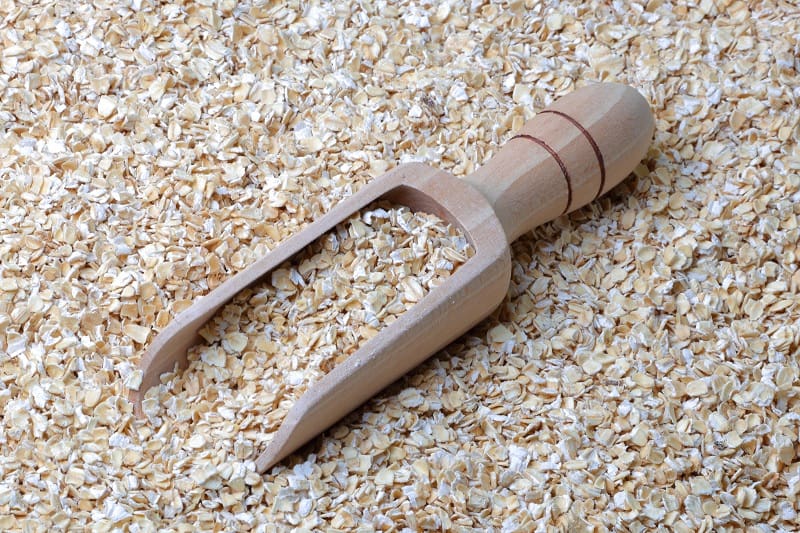
When it comes to oats, things are a bit complicated.
Oats are naturally gluten free, but they are often processed in the same places as grains such as wheat and barley, which do contain gluten. This means that oats can become contaminated with other grains, making them not entirely gluten free.
Some oats are processed separate from other grains and tested to ensure there is no very little or no contamination. These oats are labelled as “gluten free”.
You can buy gluten-free porridge oats. When looking for gluten-free oats, you should make sure they are labelled as “gluten free”.
Other labels such as “100% oats” or “pure oats” don’t tell you whether or not the product contains gluten. Unless the product is explicitly labelled as gluten free, it will probably contain small amounts of gluten.
Popular porridge brands such as Quaker and Scott’s usually contain gluten. Quaker now sell a gluten-free variety, but ther other products contain small amounts of gluten.
Is Granola Gluten Free?
Granola contains several ingredients but is based on a foundation of rolled oats. Oats in their purest form are gluten free, but due to the way they are processed, the oats in most granola are contaminated with other gluten-containing grains.
Popular brands of granola such as Jordans, Quaker and Lizi’s all contain small amounts of gluten.
When looking for gluten-free granola, choose products that are explicitly labelled as gluten free.
Here are some options:
- Lizi’s Gluten Free Nuts and Seeds Granola
- Nature’s Path Organic Berry Granola
- Planet Organic Paleo Granola
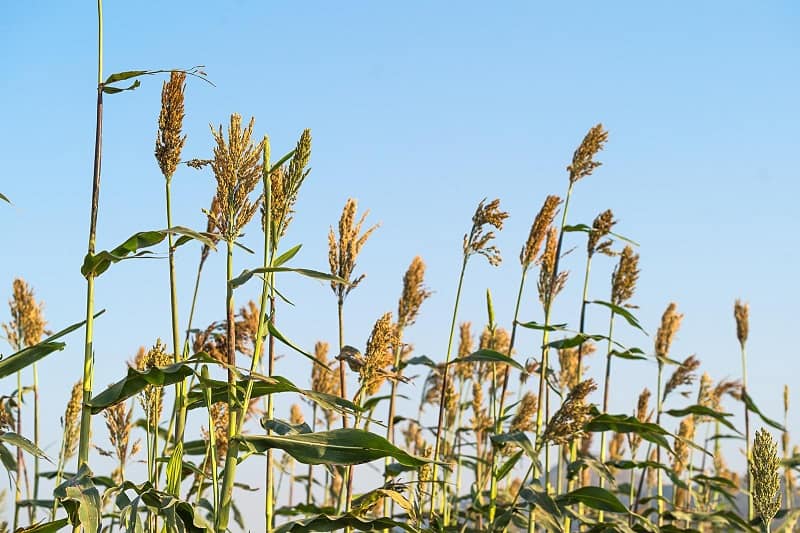
Which Cereal Grains Are Gluten Free?
Most breakfast cereals are made using either wheat and/or barley malt extract. Both wheat and barley contain gluten, so they need to be avoided on gluten-free diets.
However, many cereal grains don’t contain gluten. If you can find a breakfast cereal made with just these ingredients and no added barley malt extract, it should be gluten free:
- Corn – Corn, also known as maize, is gluten free. However, beware corn-based cereals like Kellog’s Corn Flakes, as they often aren’t gluten free due to added ingredients.
- Oats – Oats are naturally gluten free, but you need to be careful with them since they are usually processed in plants alongside other grains such as wheat, so they can become contaminated with gluten.
- Rice – Rice is naturally gluten free. However, some rice-based breakfast cereals like Rice Krispies have added ingredients like barley malt syrup, which is not gluten free.
- Sorghum – You might not have heard of sorghum, but it’s actually the fifth most produced grain in the world. It’s a staple food in parts of Africa and used widely in animal fodder around the world. It’s used in a few gluten-free cereals, including Multi Grain Cheerios.
- Quinoa – We don’t know of any ready-made cereals made from quinoa, but you can make porridge from it.

Hannah is a freelance content writer passionate about natural health, mindfulness, and the environment. She shares her enthusiasm for a conscious lifestyle on Naturaler, inspiring others to take the steps towards a more natural and fulfilling life

